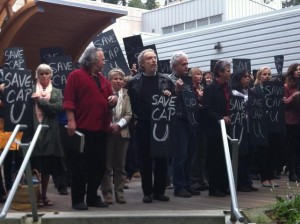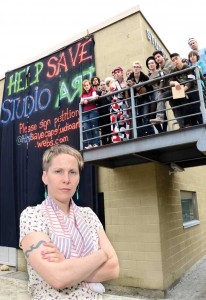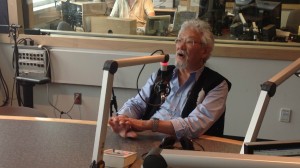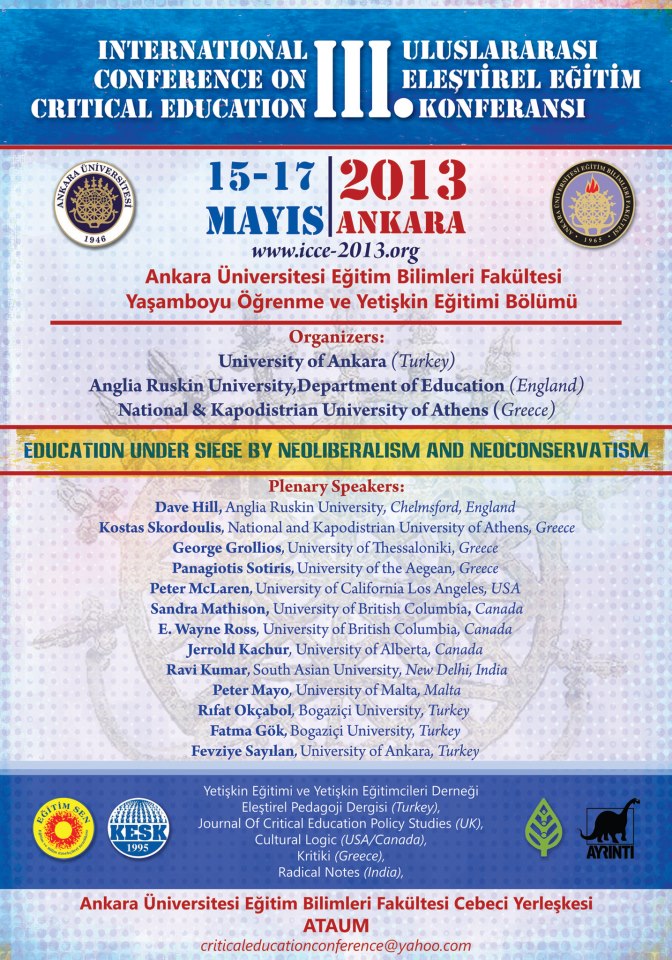
Photo by Ryan Remiorz, CANADIAN PRESS
Lynn Moore, The Gazette, February 27, 2013 — Thirteen people were arrested Tuesday as a thousands-strong student-led march against tuition hikes became a mêlée that saw snowball fights and police, some on horseback, chase protesters along Montreal streets.
Five people were charged with armed assault of a police officer, Montreal police Sgt. Jean-Bruno Latour said.
The “arms” included snowballs, chunks of ice and rocks, Latour said.
One protester was arrested for causing damage to parked vehicles, one was arrested for possession of incindiary material, while six were arrested for illegal assembly, he said.
About 20 busloads of students from across Quebec converged on Montreal Tuesday afternoon for the demonstration and march.
Favouring free tuition, they were angry over the announced indexation of university tuition, a notion that emerged as the solution to last spring’s prolonged and costly student protests. That announcement was made by Pauline Marois, Parti Québécois leader and Premier, at a high-stakes political summit on higher education on Monday evening.
Several handmade signs brandished by protesters criticized the PQ and others described former student leader Léo Bureau-Blouin — now a PQ MNA — as a “traitor” while yet more took aim at Marois.
Although police had already declared the protest to be illegal, students and their supporters marched from Victoria Square in Old Montreal through the downtown core.
There is no official source for crowd estimates but there were enough protesters to fill the three blocks of Mansfield St. between René-Lévesque Blvd. and Sherbrooke St. and still have overflows of people at both ends.
The procession wound its way to St. Denis St. and Carré Saint-Louis where some of the biggest confrontations between police and protesters occurred.
Several sound bombs, flash-bangs, were set off, a happening which often follows orders to disperse and generally means police are set to get tougher. Police sprayed cannisters of CS gas into the crowd, which did little to deter the protest. Some people came equipped with their own first aid kits while others would use snow or a milk-like solution to clear their eyes of the chemical irritants.
What set off the police charge is unclear — it could have been projectiles hurled at police officers and horses — but in short order, ragged lines of police officers and mounted police were chasing protesters along streets and through the snow-covered square.
Twice during the march, Gazette reporters saw protesters toss snowballs or ice at police horses or officers. And twice officers on horseback sought the safety of side streets. In one incident, the horse-mounted officers went at the crowd, breaking up a knot of masked protesters.
Near Carré Saint-Louis, two injured protesters, one bleeding from the hand, refused to allow ambulance personnel to help, relying on medics supplied by protest organizers. The men hobbled quickly away as police converged.
The protest was organized by the student group Association pour un solidarité syndicate étudiante (ASSÉ), which boycotted the higher education summit because the government refused to put a complete rollback of tuition fees on the table.
The summit ended Tuesday around lunchtime with Marois pledging to index tuition fees at three per cent per year or about $70 a year — a far cry from the $1,625 hike that the previous Liberal government announced that set off months of paralyzing demonstrations, created social turmoil and wracked up large bills for police overtime.
It also prompted the election that led to the Charest government’s ouster.
But after months of pre-summits, research and public discussion, the much-hyped summit ended without the broad social consensus the Parti Québécois government sought — and with students back where they began just over a year ago: in the streets.
Read more: Montreal Gazette


 Follow
Follow



